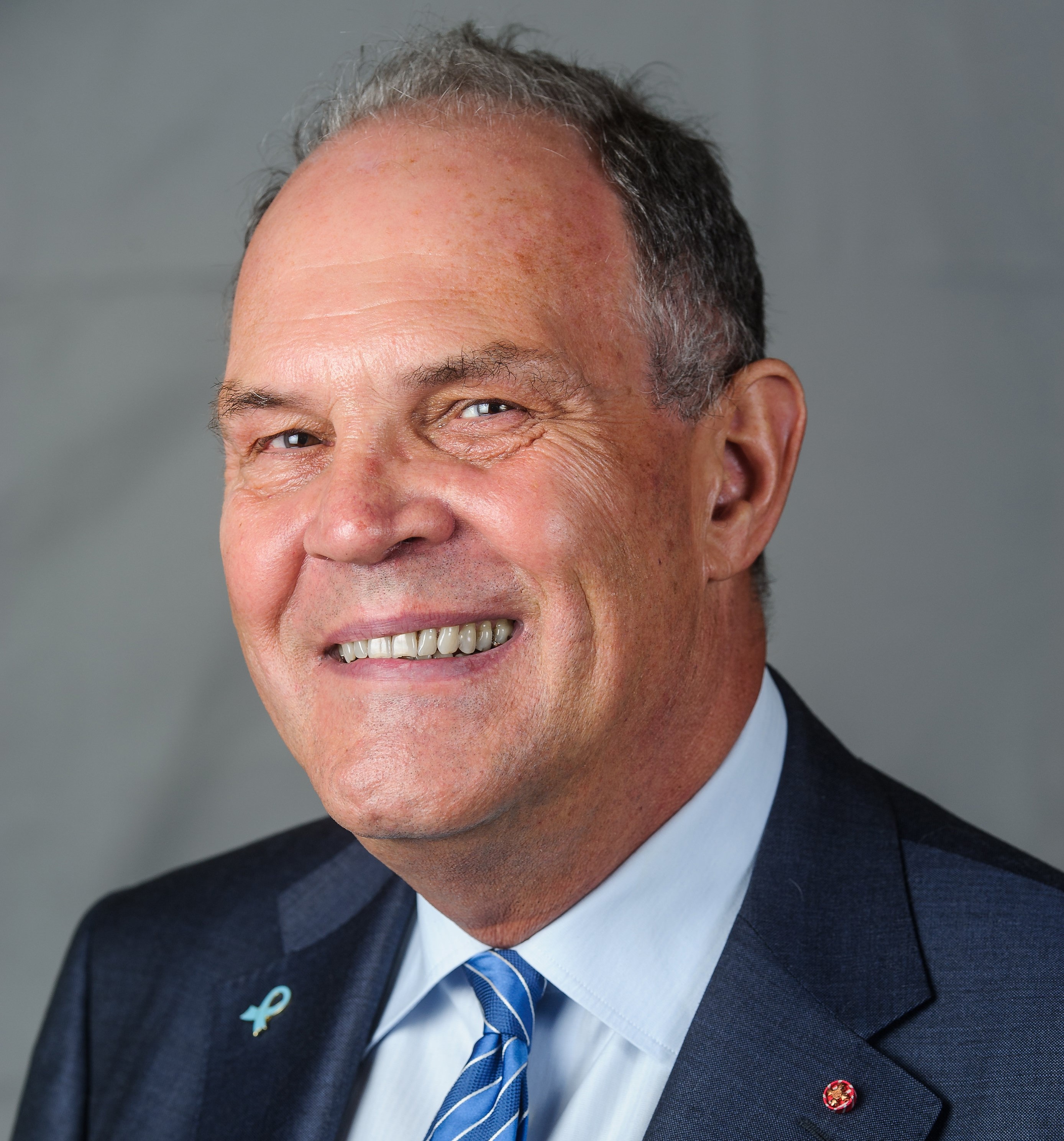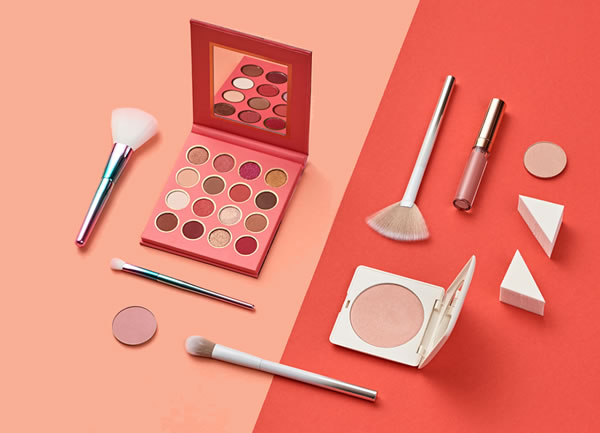 20 March 2024
20 March 2024
Ahead of World Oral Health Day today, CTPA spoke to Dr Nigel Carter OBE, Chief Executive of the Oral Health Foundation about whether the UK’s oral health is anything to smile about - and how we can adopt healthier habits.
World Oral Health Day is approaching - but is the UK’s oral health in good shape?
While many people in the UK will have brilliant oral health habits, research suggests that there is plenty of room for improvement. For example, while most of us know that brushing twice a day is recommended, around a third of people don’t currently follow this advice. Similarly, while we should change our toothbrush every three months, at the moment many people are only changing their toothbrush once or twice a year.
Using mouthwash can also be incredibly beneficial to good oral health but at the moment only around a third of us use it (34%) so that’s another good oral health habit that many more people could adopt.
How regularly should people visit their dentist?
That’s a great question because until relatively recently people were encouraged to see their dentists at very specific intervals. Every six months for adults and every four months for children. Today dentists have moved to a health-based model, where how regularly you’re advised to see your dentist is determined by the health of your teeth and gums. Someone with active gum disease, for instance, might be advised to have more frequent check-ups.
This health-based approach is sensible because dentists have more time to spend with patients that need extra attention. However, it does also mean that their opportunities to influence their other patients’ oral health and hygiene is more limited than it used to be. They may only see many of their patients once a year, or even more infrequently. With this in mind, it’s more important than ever for people to take responsibility for their own oral health.
What should people do to take care of their teeth and gums?
There are three simple oral health habits that can make a huge difference:
1. Brush twice a day with a fluoride toothpaste.
2. Cut down on sugary food and drinks.
3. Visit the dentist as often as they advise you to.
There are of course lots of other helpful changes you can make, such as using mouthwash and chewing sugar-free gum between meals. But if you are looking for the best places to start, those would be my top three suggestions.
Do you have any advice for parents or carers who are looking after children’s teeth?
In addition to the above I’d encourage parents and carers to spend a whole two minutes brushing their children’s teeth, twice a day. That may feel like quite a long time in a very small mouth, but as well as supporting healthy teeth and gums, they are helping their children to create helpful oral health habits that will last a lifetime. It means as children grow and start to brush their own teeth, they know how long they should brush them for.
I would also suggest that parents and carers supervise brushing their children’s teeth up to age seven. After that, the child might gradually start to brush their own teeth with the adult’s support. There are all sorts of helpful tricks and tools to keep children motivated too, such as using an egg-timer or a special phone app that shows how long they should brush for.
Why does good oral health matter?
There’s a huge body of research that shows that you can’t have good general health without good oral health. Unfortunately, gum disease is associated with many very serious health issues, from poor pregnancy outcomes to cardiovascular disease. Studies also show that people with poor gum health are more likely to develop diabetes. It’s really important for people to understand that poor oral health has implications far beyond our smiles - which is why it’s worth kick-starting those healthier habits today.
Where can people find more information on oral health?
Speak to your dentist who’ll be able to give you lots of tips and advice based on your individual needs. You can also find lots of general advice and information on the Oral Health Foundation’s website: https://www.dentalhealth.org/.
Read more on oral care

